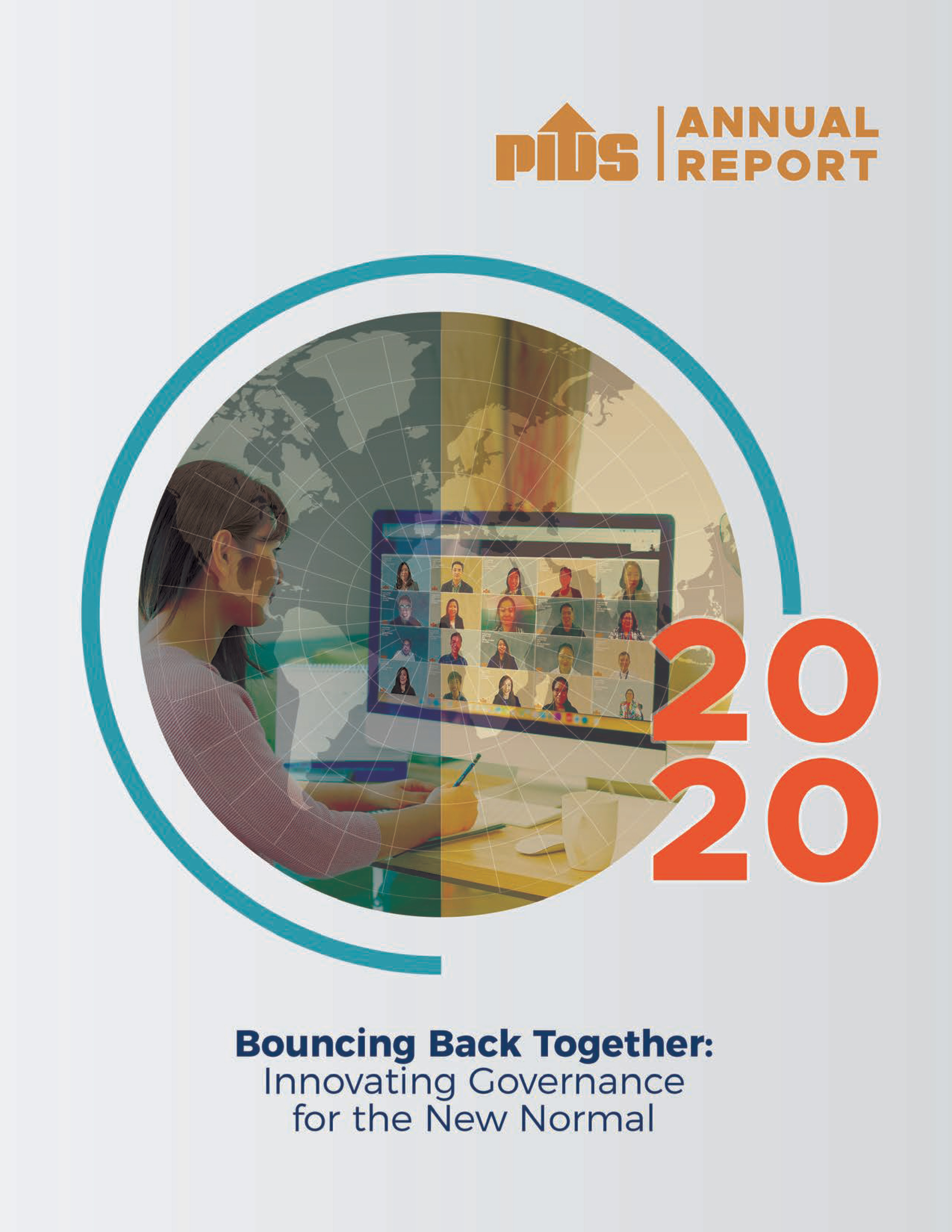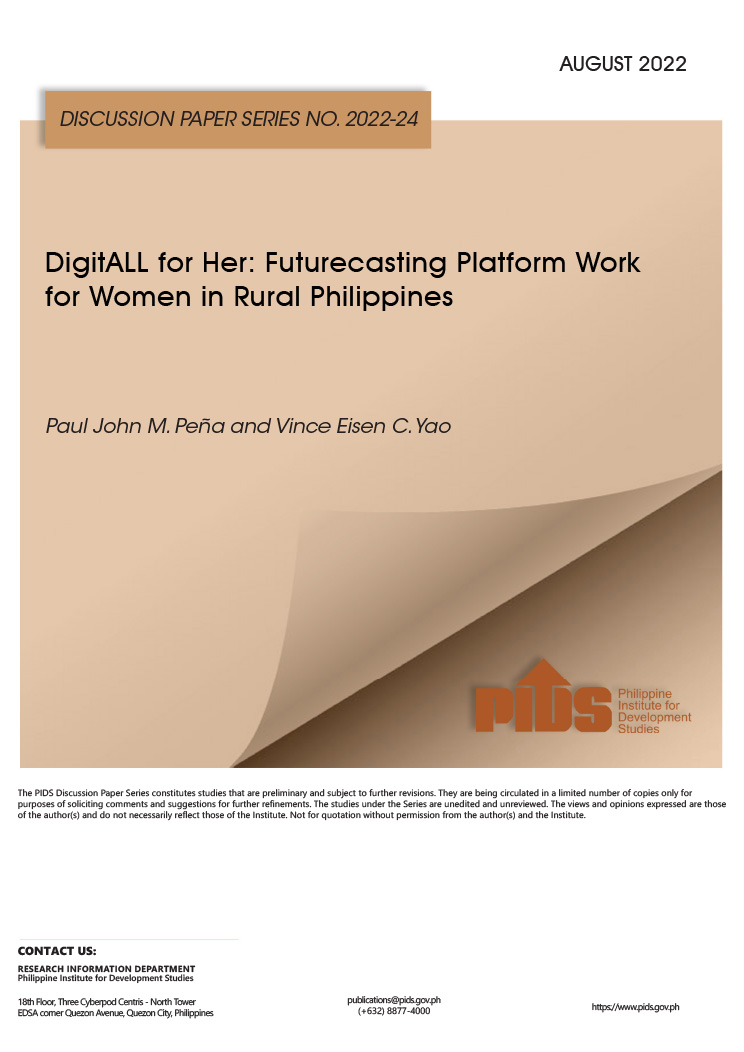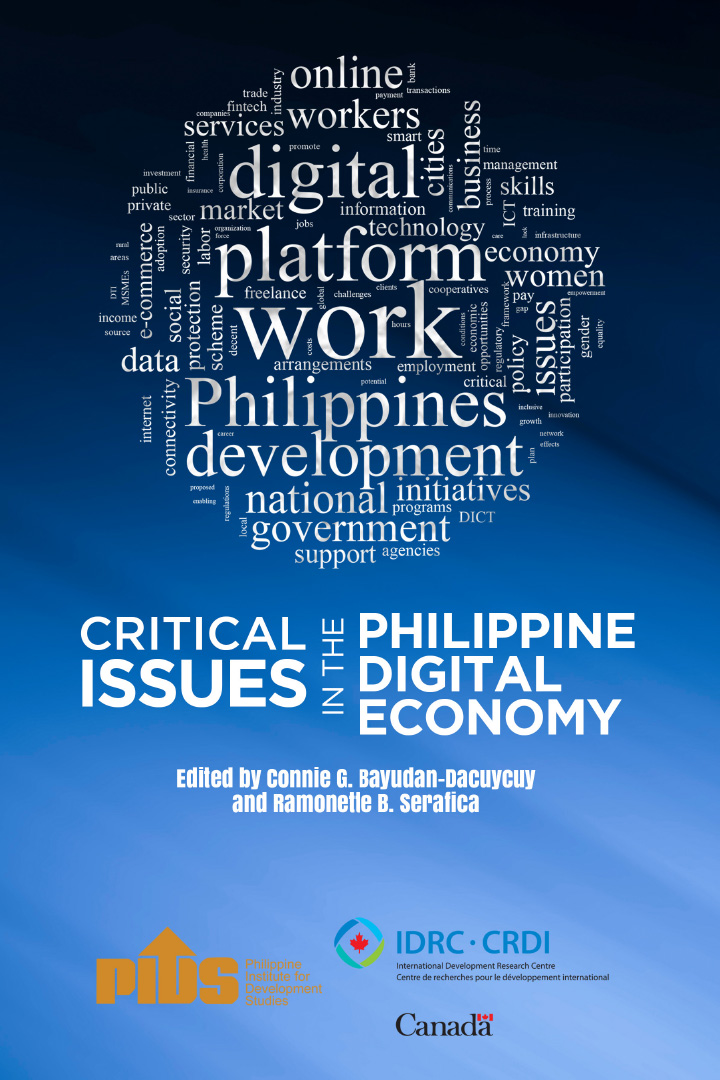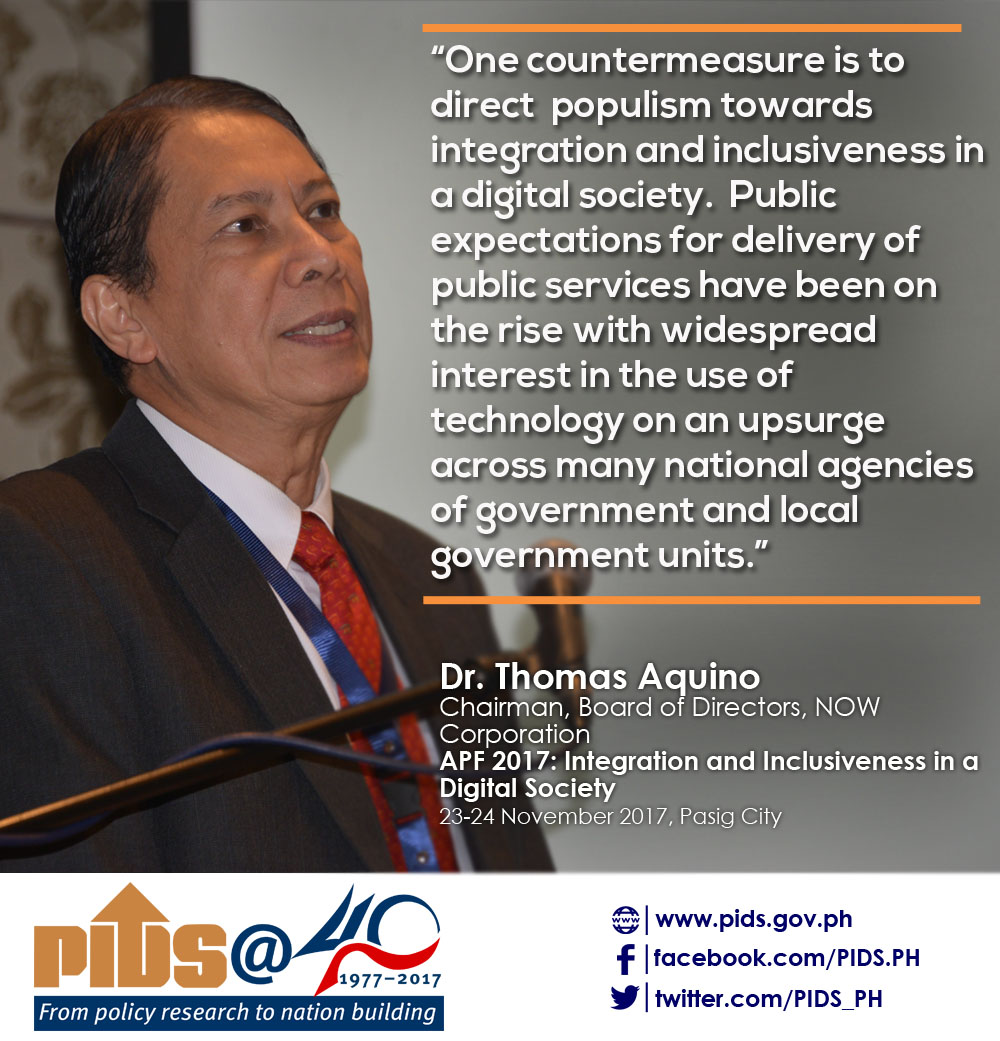Trending photos of crowded malls and congested roads in Metro Manila under modified enhanced community quarantine have elicited negative comments on social media against some people who ignore social distancing protocols.
There is little room to practice social distancing in the most densely populated city in the world. Metro Manila has over 42,000 inhabitants per square kilometer or 46,000 people per square mile, twice the density of New York City.
The Housing and Urban Development Coordinating Council said in a report: The proliferation of informal settlements in the Philippines has become a phenomenon associated with big cities. From the early 1970s to more recent years, estimates of the number of informal settlers in the country have varied, ranging from as low as 470,000 families to as high as 2.5 million families.
There has been a pervading assumption in the rural areas that life in the big city would give people greater access to basic services, better education and more livelihood opportunities. Yet, more and more people migrating to urban centers end up living in slums, under conditions that are worse than the countryside.
Slums in Metro Manila are growing at 8 percent a year, the Philippine Institute for Development Studies said in a study.
An Asian Development Bank study showed that population in Philippine slum areas will go up to 12 million people if nothing is done to stem the tide of rural-urban migration.
Telling people in the slums—where people live in an average area of only 4 square meters per person—to practice social distancing and stay at home is almost impossible.
Considering all these, there is nothing inherently wrong with a government program that seeks to reverse the continuing migration of the rural population to Metro Manila, like the Duterte administration’s “Balik Probinsya, Bagong Pag-asa” program.
Critics of Balik Probinsya say there is nothing new in this program, which is true.
One of the first things Cory Aquino did when she became president in 1986 was to devolve and decentralize the government. She adopted a policy agenda for People Powered Development to bring about “growth with equity.” The Local Government Code was enacted into law under her administration precisely to reverse the centralism that resulted in underdevelopment and the lack of government services in the countryside.
In the succeeding administration of Fidel Ramos, other laws to help local governments and the countryside were enacted, like the Kalakalan 20 or the Magna Carta for Countryside Development, and the Magna Carta for Small Farmers.
Many more similar measures followed. If these laws and programs did not work, then we should revamp them, and make them work until they actually do.
The government needs to create conditions in the countryside that will lead to job creation and private-sector investments, whether by relaxing some regulations or reducing taxes or other measures.
The current technologies allow services to be performed anywhere and everywhere, as the IT-BPM sector has proven. With the right worker education and the right infrastructure, the service sector can thrive outside of the major cities.
One critic of Balik Probinsya said the government should prioritize urban housing for informal settlers instead of sending them back to the provinces.
But the national government has spent billions for new public housing every year. These billions have never been enough to solve the squatting problem. The government has relocated thousands of poor families living in the slums, particularly those in high-risk zones such as along waterways in Metro Manila, but they keep coming back, or others keep taking their place.
The government does not have enough money to relocate all squatters. It has to spend at least P250,000 for relocating every family of squatters, which runs into tens of billions every year.
The government would do better to help create jobs, lure investments and industries and disperse economic activity in the countryside than spend billions on relocation. If the recycled, rehashed Balik Probinsya program can successfully do that, then we should give it a chance to work.
Filipinos living in slums and crowded cities would happily and gladly move back to their hometowns and provinces if they can have even just a semblance of the life they had always hoped for when they left the countryside.
There is little room to practice social distancing in the most densely populated city in the world. Metro Manila has over 42,000 inhabitants per square kilometer or 46,000 people per square mile, twice the density of New York City.
The Housing and Urban Development Coordinating Council said in a report: The proliferation of informal settlements in the Philippines has become a phenomenon associated with big cities. From the early 1970s to more recent years, estimates of the number of informal settlers in the country have varied, ranging from as low as 470,000 families to as high as 2.5 million families.
There has been a pervading assumption in the rural areas that life in the big city would give people greater access to basic services, better education and more livelihood opportunities. Yet, more and more people migrating to urban centers end up living in slums, under conditions that are worse than the countryside.
Slums in Metro Manila are growing at 8 percent a year, the Philippine Institute for Development Studies said in a study.
An Asian Development Bank study showed that population in Philippine slum areas will go up to 12 million people if nothing is done to stem the tide of rural-urban migration.
Telling people in the slums—where people live in an average area of only 4 square meters per person—to practice social distancing and stay at home is almost impossible.
Considering all these, there is nothing inherently wrong with a government program that seeks to reverse the continuing migration of the rural population to Metro Manila, like the Duterte administration’s “Balik Probinsya, Bagong Pag-asa” program.
Critics of Balik Probinsya say there is nothing new in this program, which is true.
One of the first things Cory Aquino did when she became president in 1986 was to devolve and decentralize the government. She adopted a policy agenda for People Powered Development to bring about “growth with equity.” The Local Government Code was enacted into law under her administration precisely to reverse the centralism that resulted in underdevelopment and the lack of government services in the countryside.
In the succeeding administration of Fidel Ramos, other laws to help local governments and the countryside were enacted, like the Kalakalan 20 or the Magna Carta for Countryside Development, and the Magna Carta for Small Farmers.
Many more similar measures followed. If these laws and programs did not work, then we should revamp them, and make them work until they actually do.
The government needs to create conditions in the countryside that will lead to job creation and private-sector investments, whether by relaxing some regulations or reducing taxes or other measures.
The current technologies allow services to be performed anywhere and everywhere, as the IT-BPM sector has proven. With the right worker education and the right infrastructure, the service sector can thrive outside of the major cities.
One critic of Balik Probinsya said the government should prioritize urban housing for informal settlers instead of sending them back to the provinces.
But the national government has spent billions for new public housing every year. These billions have never been enough to solve the squatting problem. The government has relocated thousands of poor families living in the slums, particularly those in high-risk zones such as along waterways in Metro Manila, but they keep coming back, or others keep taking their place.
The government does not have enough money to relocate all squatters. It has to spend at least P250,000 for relocating every family of squatters, which runs into tens of billions every year.
The government would do better to help create jobs, lure investments and industries and disperse economic activity in the countryside than spend billions on relocation. If the recycled, rehashed Balik Probinsya program can successfully do that, then we should give it a chance to work.
Filipinos living in slums and crowded cities would happily and gladly move back to their hometowns and provinces if they can have even just a semblance of the life they had always hoped for when they left the countryside.






